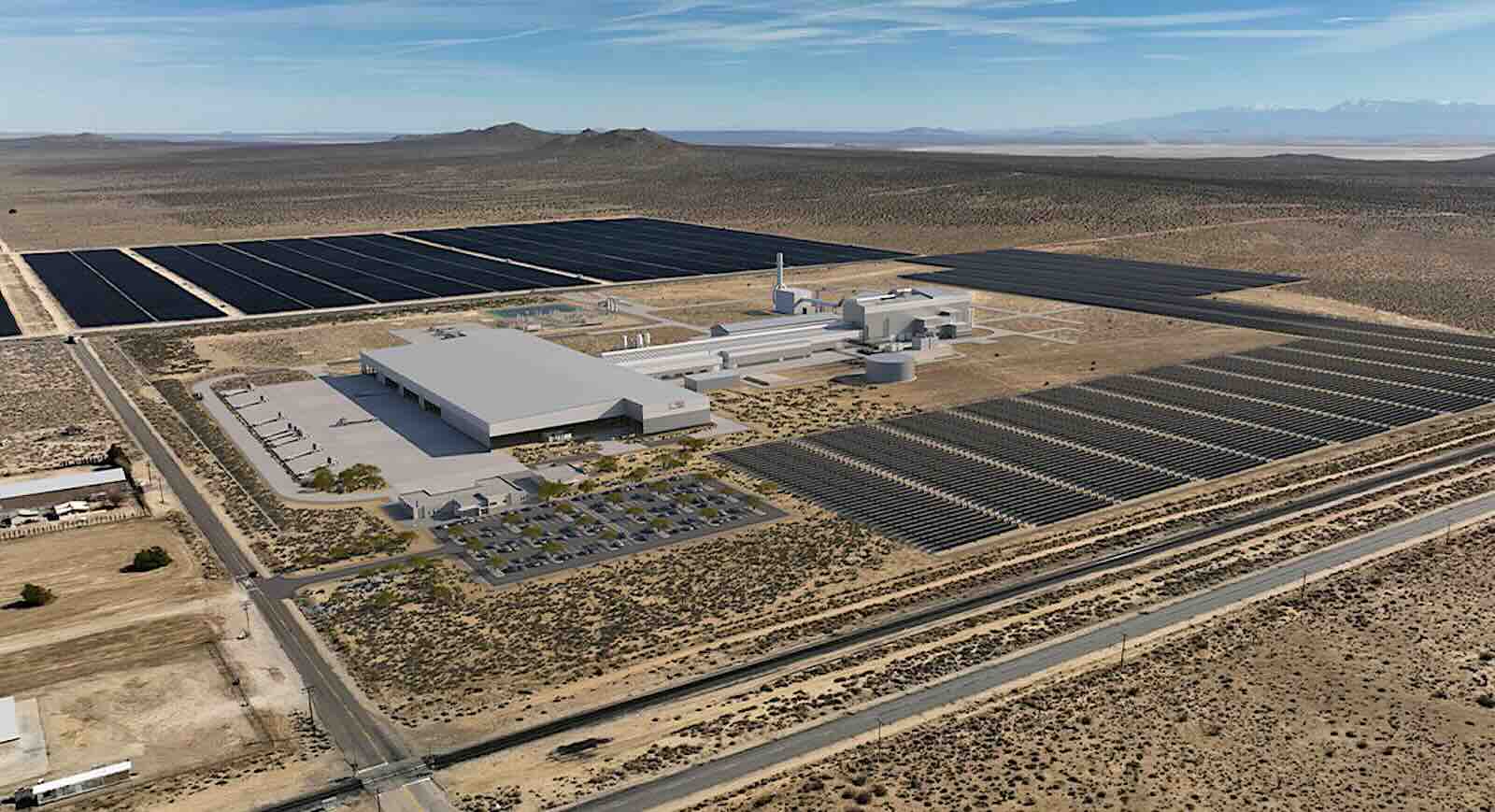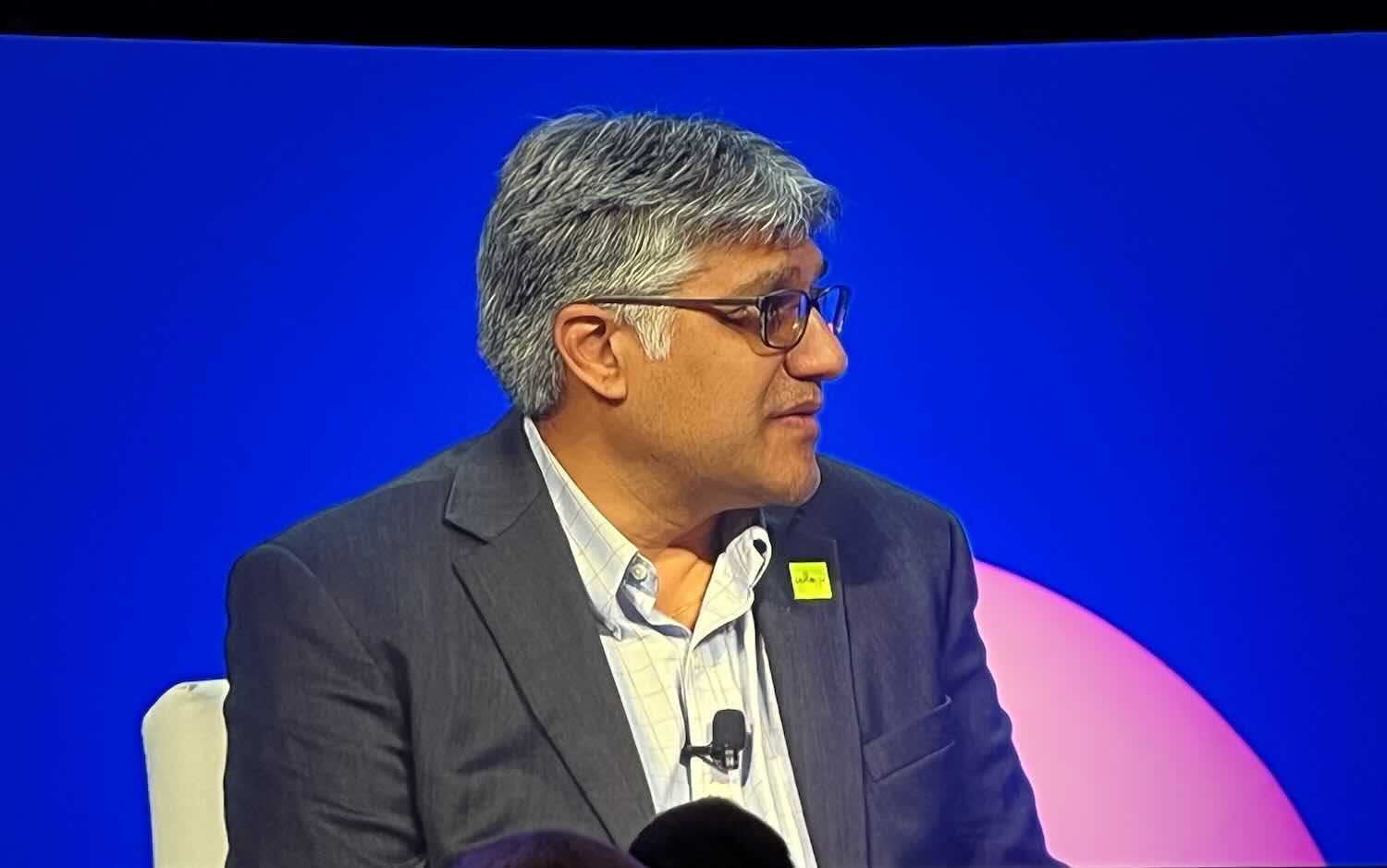The powder was deep and so were the conversations at the ninth Sorenson Impact Summit, held this year at the Snowbird ski resort in Utah. Some highlights:
Opportunity Zone recap
The capital-gains tax break designed to drive capital to low-income census tracts has gotten a bad rap, according to Jim Sorenson, founder of Sorenson Impact Group and an early champion(see, “Sorenson’s Catalyst Fund crafts real estate opportunities with public funds and impact strategies”).
At the summit, Economic Innovation Group’s John Lettieri shared interim results of the program, which sunsets in 2027. By the end of 2020, half of the more than 7,000 designated Opportunity Zones already had attracted nearly $50 billion in capital under the program, with an average 20% jump in investment activity and positive spillover to surrounding communities. Housing prices increased but rents did not, he said.
“The headline here is that we’re in uncharted territory in terms of the scale and reach of this policy,” Lettieri said. “We’ve never seen a policy achieve what I’ve just described.”
Diamonds in the asphalt
CNN commentator Van Jones is known for his public policy advocacy, including the bipartisan prison reform bill he helped shepherd into law in 2018. Increasingly, he’s investing for impact as well (he participated in this week’s financing for BlocPower).
When Jeff Bezos dropped $100 million on Jones (along with Dolly Parton and Jose Andres) in 2021, Jones created Innovations in Justice Tech fellowships and now the $1 million Justice Innovation Prize to attract founders to disrupt the $90 billion incarceration industry (one such startup is Rasa Legal, which helps people expunge misdemeanor convictions from their records).
“No pressure, no diamonds,” Jones said in his keynote, arguing that challenges in low-income and communities of color represent outsized investment opportunities.
Jones pointed out Obsidian Investment’s Michael Lythcott in the audience. Obsidian has backed Portland-based Opconnect to build high-speed EV chargers so rideshare drivers in low-income neighborhoods reap premiums for green rides, and Chicago-based Kinnexx, which hires formerly incarcerated workers to build modular electric homes.
“There are diamonds in the asphalt but you have to know how to find them,” Jones said.
Nonprofit scaling
Overhead costs would seem not to be the most obvious subject for a popular movie.
Director Stephen Gyllenhaal screened his upcoming film, “Uncharitable,” based on Dan Pallotta’s book (based on his TED talk), which challenges the still-prevailing narrative that nonprofits should starve their operating infrastructure, and their leadership and employees as well.
The rise and fall of Pallotta, the organizer of AIDS rides, breast cancer walks and other innovative fundraising efforts, forms the core of the compelling documentary, which also revises the historical view of other “overhead” scandals involving the Wounded Warrior Project, Invisible Children (of Kony 2012 fame) and other nonprofits.
Expect the film to spur a lively discussion of what it takes to build large-scale, high-impact nonprofits when it is released in September.












